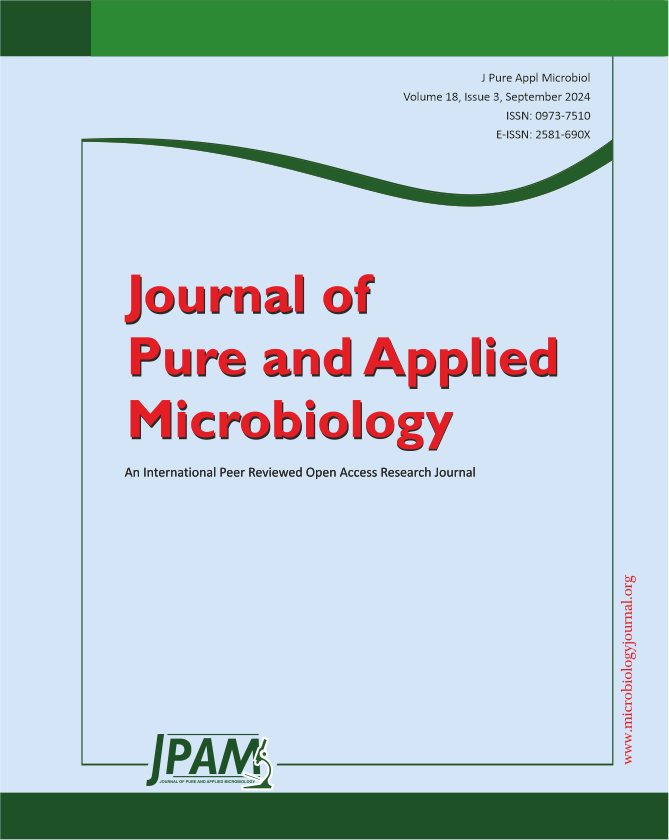The World Health Organization (WHO) considers carbapenem-resistant organisms (CROs) to be critical-level pathogens. Regular screening for high-risk CRO colonization is essential, especially in the ICU. Direct detection of carbapenem-resistant genes is possible using the FDA-approved Xpert Carba-R assay. This study evaluated its reliability compared with the culture technique at a tertiary hospital in Indonesia. A high number of CRO colonization was found using the culture technique and the Xpert Carba-R assay with about 31 and 26 positive results out of 100 total samples, respectively. Both methods detected blaNDM in 11 samples, and the Xpert Carba-R assay detected one sample co-presenting with blaVIM that was not detected by PCR. The Xpert Carba-R assay did not detect the gene in 73 samples following negative results with the culture technique. Fifteen samples were detected gene by the Xpert Carba-R assay though there was no gene by the culture method, showing that the Xpert Carba-R assay demonstrated a high degree of sensitivity in identifying carbapenem-resistance genes. Carbapenem-resistance genes common in Indonesia other than those examined by Xpert Carba-R assay in this study (i.e., blaOXA-23 and blaOXA-24) or non-enzymatic mechanisms may also produce resistance in many colonies without the examined genes. Finally, the Xpert Carba-R assay produced faster findings than the culture technique.
Carbapenem-resistance, Xpert Carba-R Assay, Bacterial Colonization, ICU, Infectious Disease, Indonesia
© The Author(s) 2024. Open Access. This article is distributed under the terms of the Creative Commons Attribution 4.0 International License which permits unrestricted use, sharing, distribution, and reproduction in any medium, provided you give appropriate credit to the original author(s) and the source, provide a link to the Creative Commons license, and indicate if changes were made.


